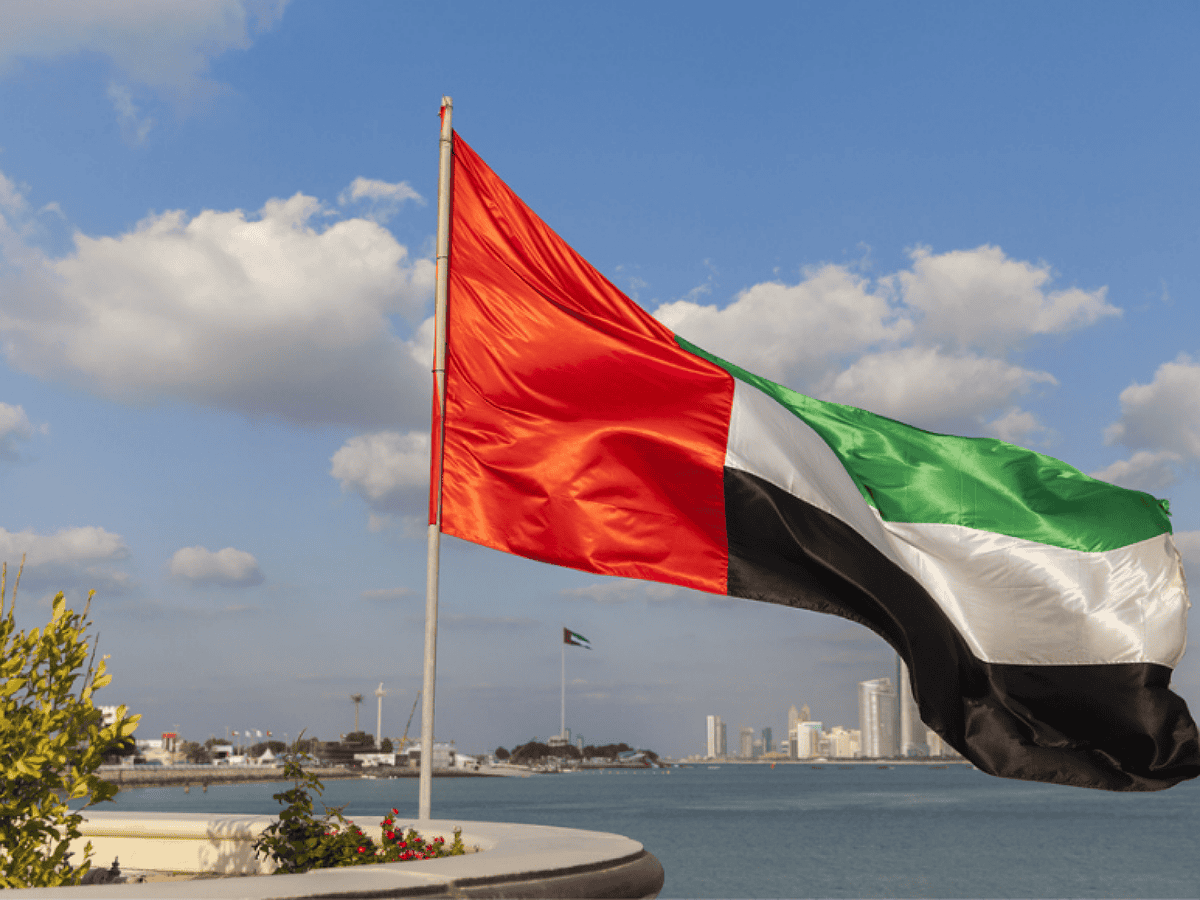
The United Arab Emirates (UAE) government 9n Wednesday, January 8. issued a federal decree-law on the new personal status law, which focusses on family stability and rights.
This new law aims to promote social cohesion, family stability, and protect the family entity, enhancing its role in society and active participation in community development.
The law imposes penalties for abuse and makes allowances for specific scenarios, such as the legal marriage age and divorce in the event that a partner is addicted to specific substances, the Emirates News Agency (WAM) reported.
Here is all you need to know about the new personal status law
- The legal age for marriage is set at 18, and courts can facilitate guardianship transfers for marriage when necessary.
- The law permits divorce for harm caused by a husband’s addiction to drugs, ensuring both spouses’ rights. The arbitration period is reduced to 60 days, expediting proceedings and ensuring timely resolution before a judgment is issued.
- The law prioritizes the child’s best interests and allows them to choose their parent once they reach age 15.
- Fines have been introduced to prevent parental abuse, neglect, or abandonment, with individuals failing to provide necessary care or financial support facing imprisonment or fines ranging from Dirham 5,000 to Dirham 100,000.
- The law tightens regulations on inheritance and estate misuse, imposing severe fines for embezzlement and asset squandering, while exempting urgent matters from family reconciliation centers for faster resolution.
- A husband must document divorce or reconciliation within 15 days, preventing the wife from claiming alimony, to safeguard her financial interests and prevent potential losses.
- Judges now have the power to rule on family cases in accordance with Islamic law, ensuring public interest and not being restricted to specific religious schools.

